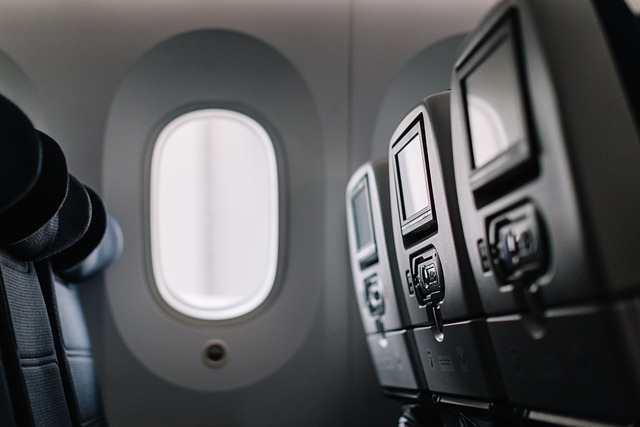The International Air Transport Association (IATA) released the findings of its 2022 Global Passenger Survey (GPS), which revealed that consumers’ primary concerns regarding flying in the post-COVID era are centered on simplicity and convenience.
Nick Careen, IATA’s Senior Vice President of Operations, Safety, and Security, said that digitalization and the use of biometrics to expedite travel are essential.
“Travel during COVID-19 was complex, cumbersome, and time-consuming due to government-imposed travel requirements. Post-pandemic, passengers want improved convenience throughout their trip.”
Planning and Booking:
Passengers need convenience while planning a trip and selecting a departure point. They like departing from a nearby airport, having all booking choices and services accessible in a single location, paying with their chosen payment method, and readily offsetting their carbon footprint.
- Seventy-five percent of travelers prioritized proximity to the airport when deciding where to fly from. This was more significant than the price of the ticket (39%)
- 82% of tourists were happy with their ability to pay using their chosen method, which was accessible to them. Access to planning and reservation information in a single location was regarded as a major requirement.
- 36% of those who did not offset their carbon footprints were unaware of the choice, which was cited by 18% of passengers who stated they offset their carbon emissions.
“Today’s travelers expect the same online experience as they get from major retailers like Amazon. Airline retailing is driving the response to these needs. It enables airlines to present their full offer to travelers. And that puts the passenger in control of their travel experience with the ability to choose the travel options that they want with convenient payment options,” said Muhammad Albakri, IATA Senior Vice President of Financial Settlement, and Distribution Services.
Travel Facilitation:
The majority of passengers are eager to disclose their immigration information to facilitate faster processing.
- Immigration rules have deterred 37% of visitors from visiting a certain place. 65% of tourists mentioned process complexity as the primary obstacle, while 12% cited expenses and 8% cited time.
- 66% of passengers prefer to get a visa online before traveling, whereas 20% prefer to visit the consulate or embassy, and 14% at the airport.
- To expedite the airport arrival procedure, 83% of tourists stated they would disclose their immigration information. This is a significant decrease from the 88% observed in 2021.
“Travelers have told us that barriers to travel remain. Countries with complex visa procedures are losing the economic benefits that these travelers bring. Where countries have removed visa requirements, tourism and travel economies have thrived. And for countries requiring certain categories of travelers to get visas, taking advantage of traveler willingness to use online processes and share information in advance would be a win-win solution,” said Careen.
Airport Operations:
Passengers are eager to use technology and rethought procedures to manage their luggage and enhance the comfort of their airport experience.
- Passengers are willing to complete non-airport processing aspects. 44% of passengers ranked check-in as the most important off-airport procedure. The second most popular “first-choice” was immigration procedures at 32%, followed by luggage. And 93% of travelers are interested in an expedited security screening procedure for trustworthy travelers (background checks).
- Passengers are interested in additional choices for luggage handling. 73% would be interested in remote check-in alternatives and 67% would be interested in home pick-up and delivery. Eighty percent of travelers said that they would be more inclined to check their luggage if they could watch it during the flight. And fifty percent of respondents have used or are interested in employing electronic bag tags.
- Passengers see biometric identification as beneficial. 75% of travelers want to replace passports and boarding tickets with biometric data. Over a third of travelers have already used biometric identification with an 88% satisfaction rating. However, data security remains a worry for around half of all tourists.
Through IATA’s One ID project, the industry is prepared to use biometrics in airport operations. COVID-19 has aided governments in understanding the potential for passengers to share their trip information with them directly and in advance of travel, as well as the capacity of biometric procedures to enhance security and facilitation processes and utilize precious resources more effectively. The growth of e-gates at airports demonstrates the attainable efficiency. Priority is given to supporting the OneID requirements with legislation so that its users may provide a smooth experience throughout the whole passenger journey.
















More Stories
Poland’s High-Tech Border Revolution: EES Ushers in New Era
Greece Blends History & Flavors: Gastronomy Tourism Revolution
Spain Beckons: Europe’s Hottest Hotel Investment Spot in 2026